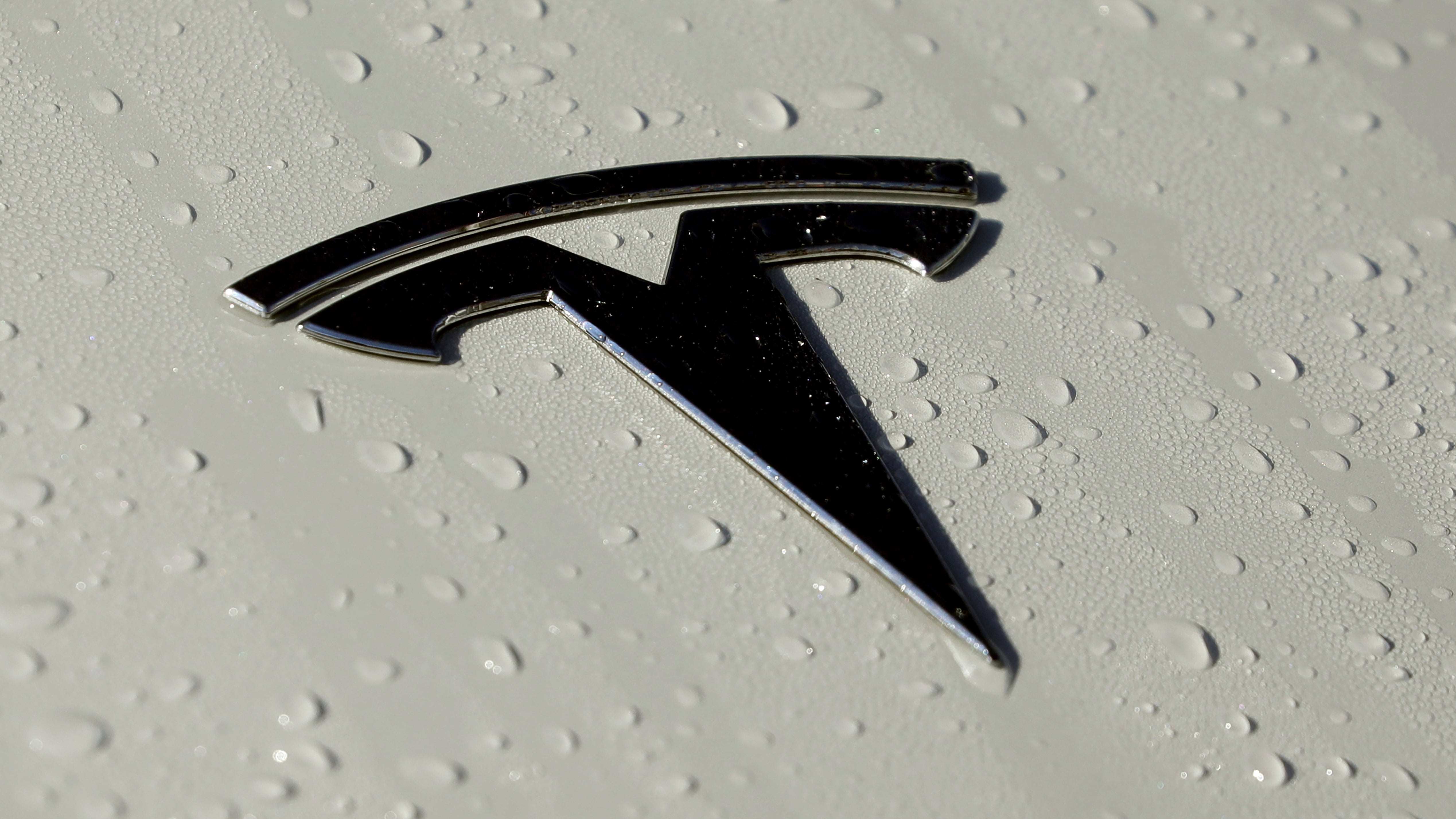The Independent's journalism is supported by our readers. When you purchase through links on our site, we may earn commission.
How Tesla’s record-breaking run came crashing to a halt
Are the wheels finally falling off for Elon Musk’s half-a-trillion dollar company?

Five years ago this week, Elon Musk stood on stage at Tesla’s Autonomy Week and told the crowd that his company would deliver fully autonomous robotaxis by the following year. “I feel very confident,” he said. “Mark my words.”
On Tuesday, amid tanking profits and sales, the Tesla boss once again committed to unveiling a robotaxi with full self-driving capabilities – despite US regulators recalling the fully autonomous system last year due to its tendency to misbehave at intersections.
The 2019 robotaxi pledge forms part of a litany of failed promises from the tech billionaire: In 2011, he claimed SpaceX would put a person on Mars by 2021; In 2016 he said he would solve traffic by digging tunnels; In 2019 he said the range of Tesla’s electric cars would surpass 1,000 kilometres (621 miles); In 2021 he said he would remove carbon dioxide from Earth’s atmosphere and use it for rocket fuel.
Such promises have helped build hype around the entrepreneur and his companies, with Tesla breaking records to become the most valuable car company in history in 2021.
Together with his stake in SpaceX and other ventures like Neuralink, Musk has risen to the top spot on the list of the world’s richest people on several occasions over the last few years.
Tesla is by far the most valuable of his companies, but the wheels of its runaway success look like they may be beginning to fall off.
For the first time in nearly four years, Tesla saw a decline in its quarterly deliveries, confounding analysts’ expectations by dropping 8.5 per cent. In response, Tesla announced aggressive price cuts earlier this week in China, Europe and the US, but now the latest quarterly results show that revenues and profits are also suffering.
In the first three months of 2024, Tesla’s net income plummeted 55 per cent, falling from $2.51 billion in the first quarter of 2023 to just $1.13 billion. Profit margins have also tumbled from 29.1 per cent in 2022 to 17.4 per cent.
Despite these woes, faith from investors appears to remain strong. Tesla’s share price shot up more than 10 per cent following the results, with the market apparently reassured by the company’s recurring claim that the forthcoming robotaxi will be the catalyst for future growth.
Tesla remains the world’s most valuable automaker, with a market cap north of half a trillion dollars – $200 billion more than its closest rival Toyota.
But while investors might be convinced, customers seem increasingly enticed away by Tesla’s rivals. Analysis this week from the International Energy Agency showed that more than one in five cars sold worldwide this year is expected to be electric, with global sales growing 25 per cent in the first quarter of 2024.
Alongside increased competition, Tesla may also be facing a reckoning with its leader, who for so long has been the talismanic focal point of the firm’s success. His increasingly controversial outbursts are putting off a significant share of customers from associating themselves with his brands, which industry news site Jalopnik summarised this week with the headline: “Go anti-woke, go broke”.
Tesla’s current troubles could perhaps be best embodied by its brand-defining Cybertruck. The futuristic, all-electric pick-up truck – which itself was delayed by two years – had to be recalled last week due to an accelerator pedal that got stuck and fell off.
Join our commenting forum
Join thought-provoking conversations, follow other Independent readers and see their replies
Comments